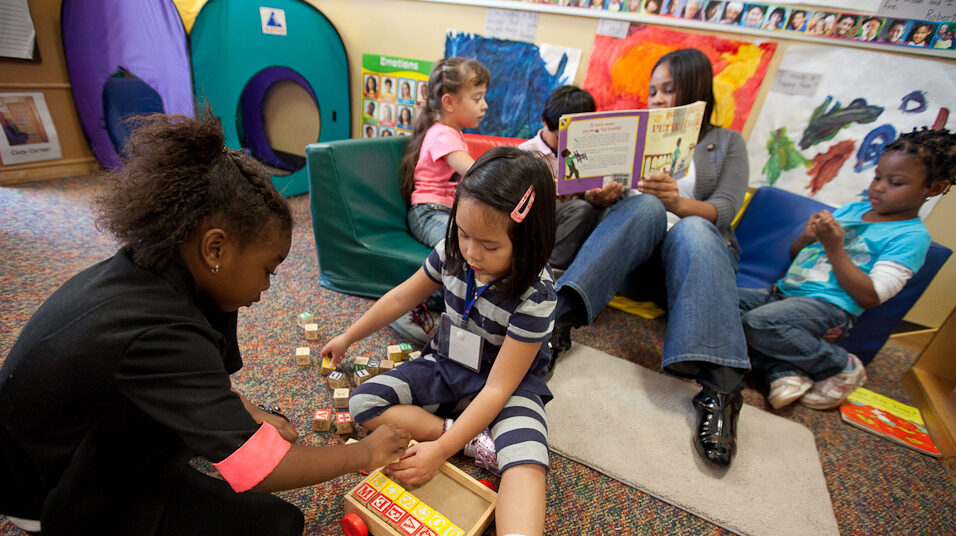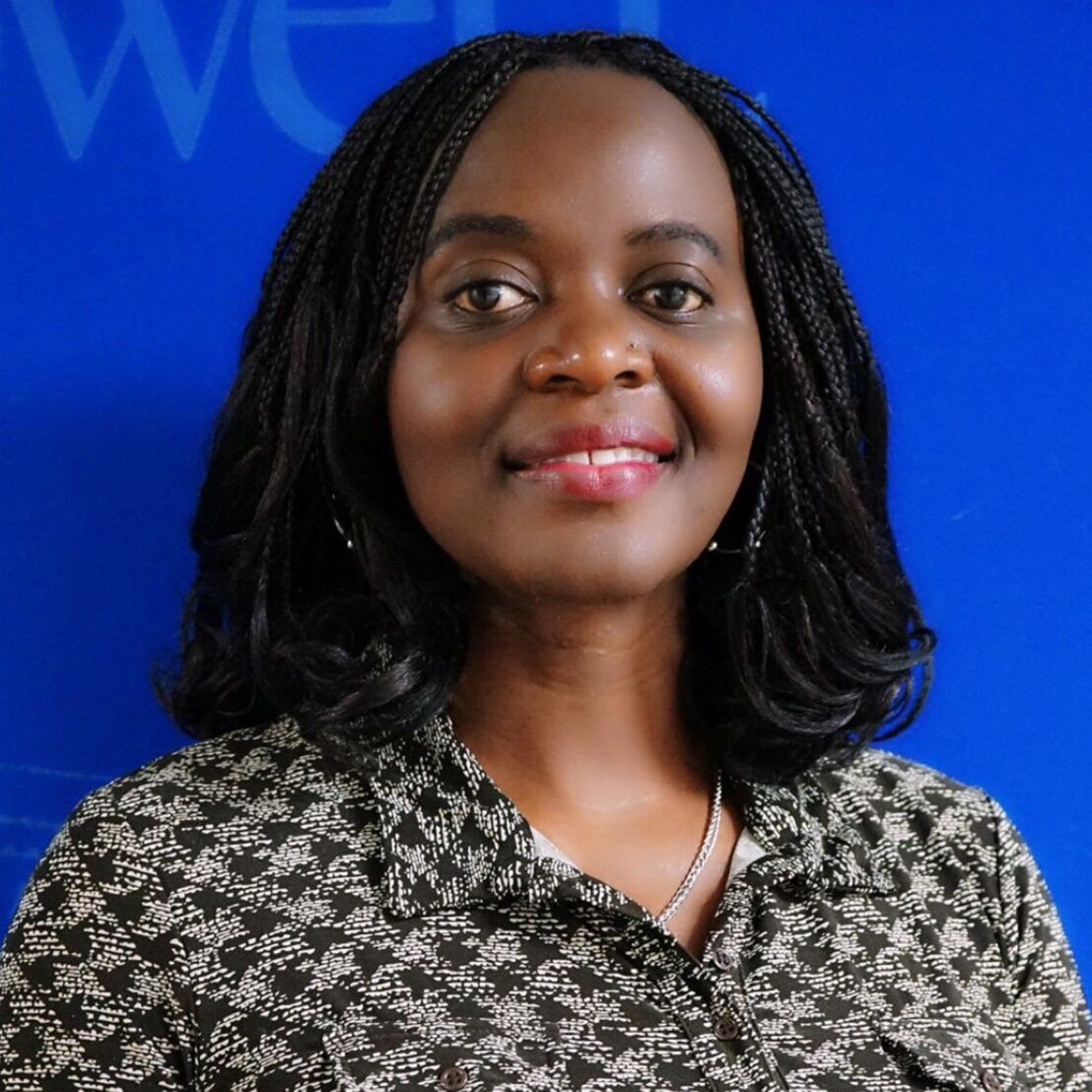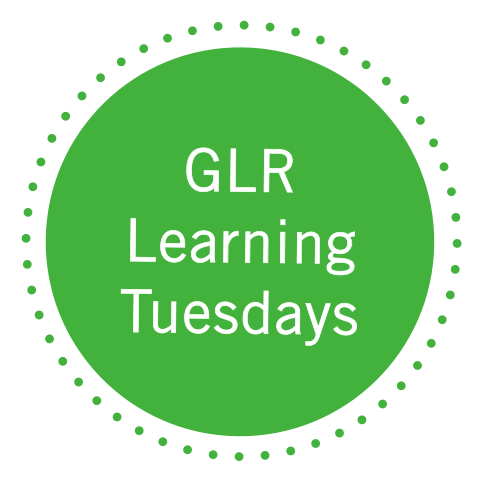
- This event has passed.
Identifying and Supporting Children With Diverse Learning Needs

Attendees first heard from Glenna Wright-Gallo with the U.S. Department of Education who shared context on Secretary Miguel Cardona’s Raise the Bar Initiative launched in January 2023. The Initiative, consists of three main pillars: achieving academic excellence by accelerating learning, improving learning conditions and creating pathways for global engagement. Wright-Gallo then explained what these pillars look like in practice within the Office of Special Education and Rehabilitative Services, where there’s a focus on building a comprehensive, inclusive and responsive system of instruction and intervention.
“At the Department of Education, we know that the kindergarten year, that first formal at-scale learning opportunity that many children experience, represents that critical juncture when effective supports and developmental experiences could close the gap and put more children on a path to early school success.” – Glenna Wright-Gallo, U.S. Department of Education.
Nicole Ormandy, M.Ed., with the AIM Institute for Learning and Research then introduced the Phases of Word Reading Development Theory from Linnea Ehri, Ph.D., a guiding force in AIM’s approach to literacy. The theory is focused on an understanding of the progression of reading skills from emergent to proficient levels based on four phases of reading development. Having a better understanding of developmental phases can help educators identify potential warning signs for language-based learning disabilities in young children. Ormandy offered many visual examples of what this identification process could look like and concluded by emphasizing the importance of early identification in an attempt to support students through the kindergarten year and beyond.
Attendees then heard from Sue Bonaiuto, Ed.D., with EarlyBird Education who discussed the EarlyBird platform, an engaging and interactive game designed to predict dyslexia and reading challenges in young learners. The program was created with the goal of existing as a preventive approach for learners by providing comprehensive assessments and data dashboards for teachers. “It’s been designed for any teacher, any level of training in the science of reading, and frankly, any level of training in teaching reading in the first place,” said Bonaiuto about the functions and ease-of-use of the program. Bonaiuto closed by highlighting EarlyBird’s presence in 24 states, across various schools, organizations and early learning coalitions, expressing excitement and appreciation toward this commitment to collaboration to support all students’ literacy development needs.
Rafel Hart with Educare of Omaha, Inc. continued the panel conversation by highlighting the importance of focusing on developmentally appropriate practices in early childhood education. Hart shared with attendees the Ecological Systems Theory that emphasizes the centrality of the child and the importance of supporting both the child and their family in this work. Hart also discussed the tenets of the Head Start and Early Head Start programs, including child development, family support and engagement, health and nutrition, and community involvement.
“These programs are living, breathing things, just like the children in the program. So, the communities have to support and embrace them in very much the same way that we do within the program.” – Rafel Hart, Educare of Omaha, Inc.
Lastly, attendees heard from Robai Werunga, Ph.D., at the University of Massachusetts, Lowell who reflected on her experience transitioning from a special education teacher to an academic preparing future teachers. Werunga discussed the Multi-Tiered Systems of Support in early literacy, particularly focusing on Response to Intervention. In discussing the framework, Werunga explained that it’s meant to guide stakeholders in supporting students’ reading needs, with particular focus on early intervention, high-quality instruction, assessment, progress monitoring and data-based decision-making. Werunga also emphasized that family engagement is crucial in supporting students’ needs, especially for culturally and linguistically diverse families who may face added barriers.
“For success in supporting students both at school and at home, it is critical that parents become part of the equation. That means helping the parents understand what is going on within the school and providing the support needed for them to help the students at home.” – Robai Werunga, Ph.D., University of Massachusetts, Lowell
Panel








